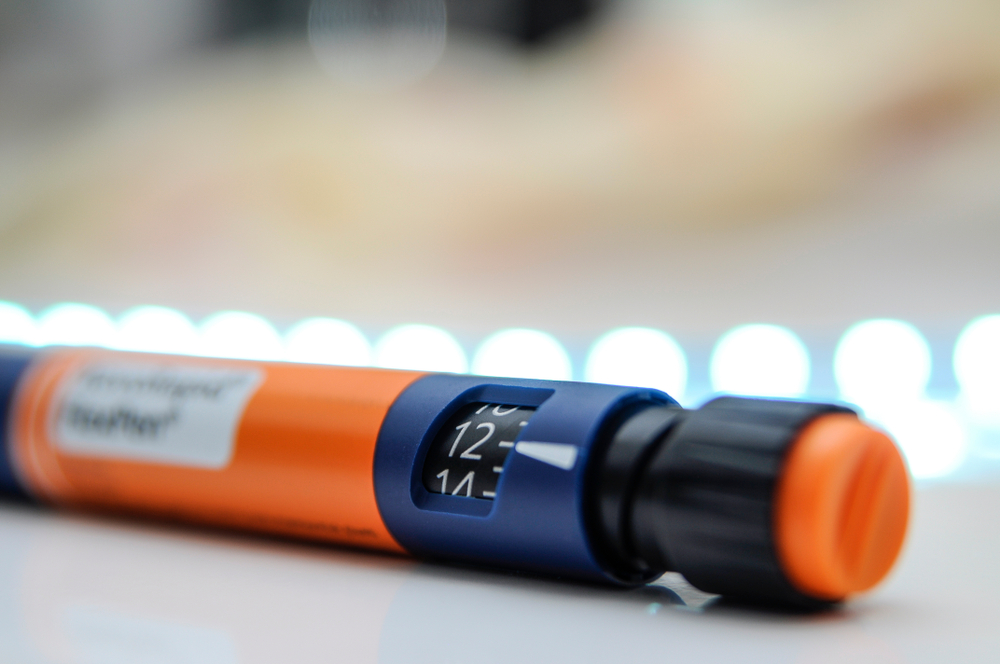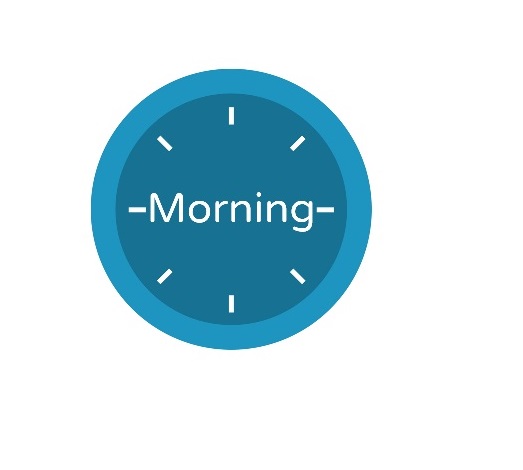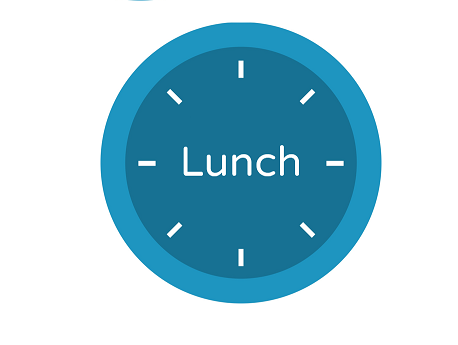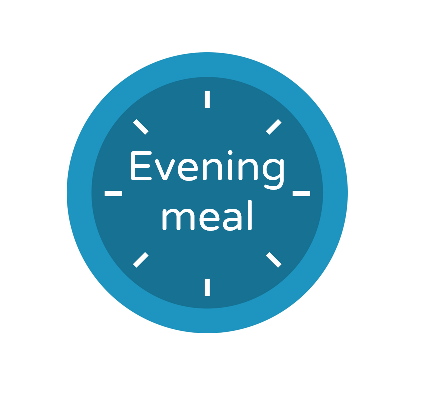Adjusting basal-bolus insulin

You are likely to be adjusting your quick-acting insulin doses on a daily basis. On the other hand, you should only adjust your basal (long-acting insulin) doses occasionally, and this is usually worth discussing with your diabetes team.
Adjusting basal insulin
Some indicators that your long-acting (basal insulin) is not the correct dose includes:
- Blood glucose is consistently high or low across the whole 24 hours period.
- Blood glucose levels are always high or always low in the morning;
The only insulin working overnight is your basal insulin. Glucose level should stay fairly steady overnight if the dose is correct. If glucose consistently rises overnight, it is likely that your basal insulin dose is too low if glucose consistently falls overnight, it is an indication that your basal insulin dose may be too high.
Another way to assess whether your basal insulin dose is correct is to have a carb-free/ insulin-free lunch, and look at whether your glucose levels rise or fall over the afternoon. As you have no short-acting insulin on board, any change in glucose must be due to the basal insulin; too little insulin and glucose will rise, too much insulin and glucose will fall.
Once you are sure there is a definite pattern, you could make a small adjustment to your basal dose and recheck. If you are not confident in doing this, then speak with your healthcare team.
Adjusting bolus insulin
Your short-acting insulin (bolus insulin) is what you will be adjusting on a day to day basis, depending on the amount of carbohydrate you eat and in response to your blood glucose levels.
If your blood glucose is regularly rising after meals, then it probably means you are not taking enough insulin to cover the carbohydrate eaten in the meal. We’ll cover this in more detail in the following ‘correction doses’ and ‘carb counting’ topics.
Spotting patterns
Identifying repeating patterns is so important; Is your blood glucose always high or always low at a certain time of the day? or after a certain type of food or exercise? Adjust your insulin proactively to stop it happening again.
Points to note

Quick-acting insulin taken in the morning will have an impact on pre-lunch glucose readings

Quick-acting insulin taken at lunch will impact on pre-dinner glucose readings

Quick-acting insulin taken at evening meal will impact on bedtime (and potentially morning) glucose readings
Always think back to the last insulin dose and consider if that dose needs to be altered over the coming days and weeks.
Rather than constantly ‘correcting’ high blood glucose, you should consider why your glucose went high in the first place and proactively change your insulin over the coming days to prevent the same thing happening again.



Leave a Reply
You must be logged in to post a comment.